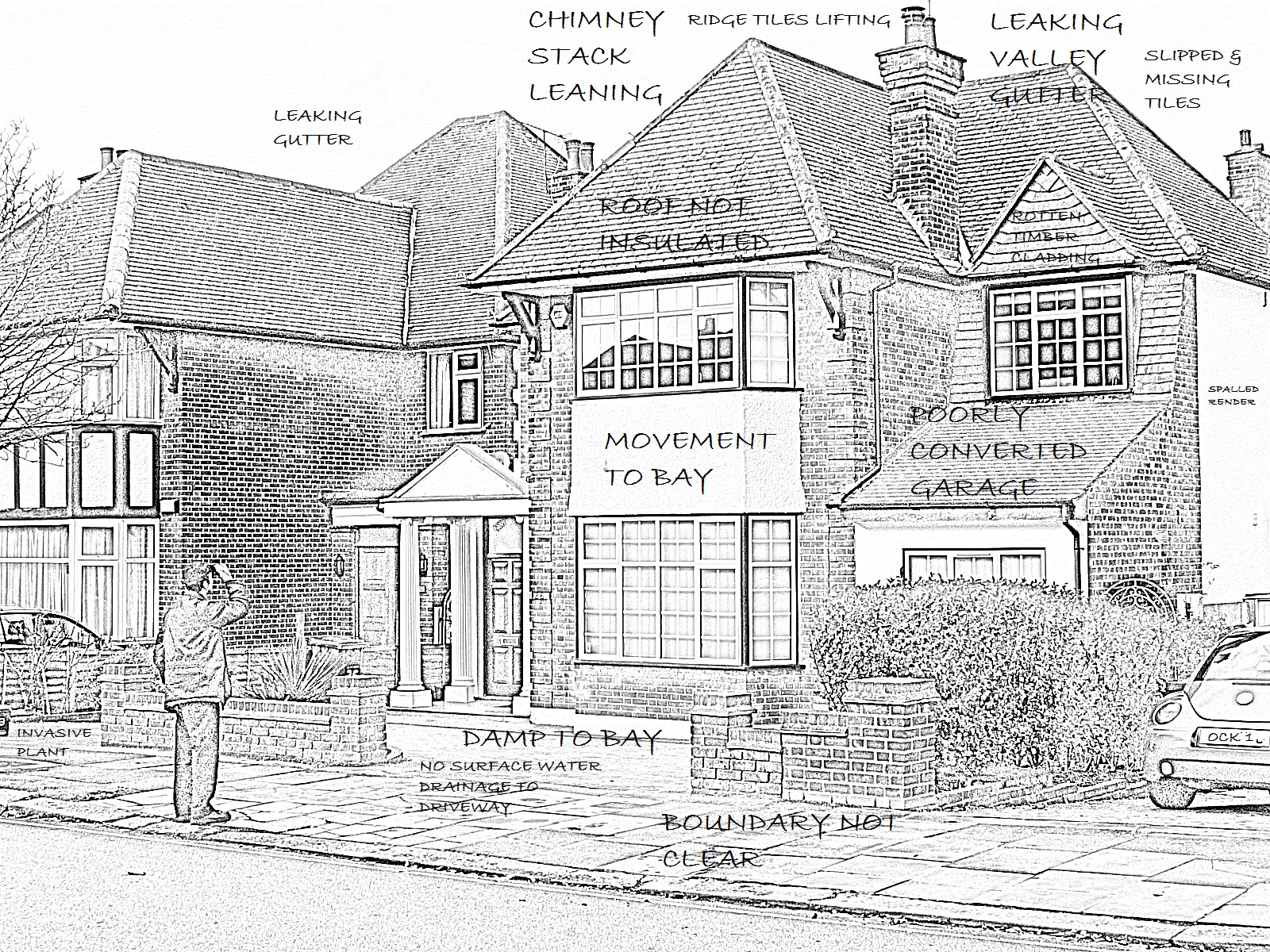Avoiding Litigious Concerns with Accurate Property Evaluations
When it comes to acquiring or divesting property, guaranteeing clarity and legal compliance is crucial. One of the best ways to attain this is through a thorough property survey. Property surveys provide an accurate illustration of land boundaries, easements, and current structures, thereby shielding all parties involved in a real estate transaction. Without a comprehensive survey, homebuyers may unknowingly encounter disputes or hidden responsibilities that could lead to expensive legal issues down the line.
Grasping the value of property surveys cannot be emphasized enough. They not only help determine the true boundaries of a property, but also show key information regarding zoning regulations and potential encroachments. By committing in a trustworthy survey, property owners can secure their investments and ensure that they are fully informed about the land they are buying or selling. In this article, we will discuss the multiple types of property surveys and how they can help you prevent legal pitfalls in your real estate dealings.
Significance of Real Estate Assessments

Real estate surveys play a vital role in real estate transactions and construction. They provide an accurate representation of the edges and features of a property, ensuring that buyers and sellers understand exactly what is encompassed in the sale. Without a thorough survey, there is a risk of disputes over boundaries, which can lead to legal complications and economic harm.
In addition to establishing limits, property surveys also reveal any rights of way or encroachments on the land. This data is essential for both property owners and potential buyers to avoid future issues with neighbors or local authorities. Grasping the legal rights associated with a property can save significant time and resources in the long run, making surveys an important part of the purchase process.
Furthermore, land surveys are often necessary for zoning applications, building permits, and other legal documentation. Failing to obtain a comprehensive survey can result in setbacks and even legal issues during building or remodeling projects. By prioritizing land surveys, individuals and businesses can navigate the complexities of owning land with confidence and ensure adherence with local regulations.
Common Legal Problems Caused by Faulty Surveys
Faulty assessments can lead to boundary disputes involving neighbors, which sometimes lead to litigation. When a boundary is mistakenly shown, it may invade an adjacent owner's land, resulting in disagreement along with issues. This can escalate into legal action, requiring both sides to invest effort and money in legal proceedings to clear up the issue. To avoid these issues, it is important to have precise assessments that distinctly define property boundaries.
An additional issue that can stem from faulty assessments is land use infractions. If a property assessment does not truly represent the sizes of a land, it could result in improper developments that violate land use rules. This can result in monetary sanctions, mandates to remove structures, or even court cases from municipalities or adjacent landowners. Ensuring compliance with zoning regulations through correct surveys is vital to prevent such financial legal consequences.
Furthermore, faulty surveys can impact property transactions, leading to potential claims of fraud or monetary losses. Buyers rely on property assessments to understand what they are acquiring, and any discrepancies can lead to loss of trust or hesitation from lenders. If a purchaser discovers that a parcel has been faultily surveyed after buying, they may request compensation from the seller or the surveyor, complicating the deal and possibly resulting in court action. Correct property surveys are vital to maintain understanding and facilitate easy property deals. ### Optimal Strategies for Carrying Out Property Surveys
In the process of conducting property surveys, it is important to hire licensed and experienced surveyors who understand local regulations and standards. A qualified surveyor will guarantee that the survey is reliable and in accordance with laws and regulations. Always check the surveyor's qualifications and ask for references to make sure you are choosing a skilled individual with a demonstrated track record. This upfront investment will help prevent legal disputes arising from inaccuracies or oversights.
Prior to the survey begins, it's important to gather all relevant documents, including property deeds, previous surveys, and any existing boundary agreements. This information provides a comprehensive understanding of the property’s history and likely boundary issues. Moreover, communicating with neighboring property owners can assist in identifying any discrepancies that may arise during the survey, thus encouraging a seamless process and minimizing the risk of conflicts later on.
In conclusion, once the property survey is completed, carefully review the findings and confirm that all boundaries, easements, and encroachments are properly documented. Distribute copies of the final survey to all relevant parties, including government entities and neighbors if necessary, to establish a clear record. Keeping these documents on hand can ensure safeguards in future transactions or disputes, emphasizing the value of thoroughness and transparency in the property surveying process.